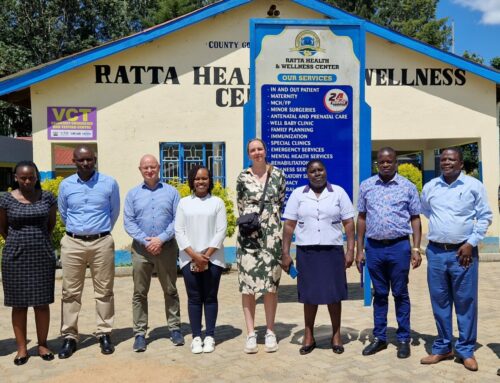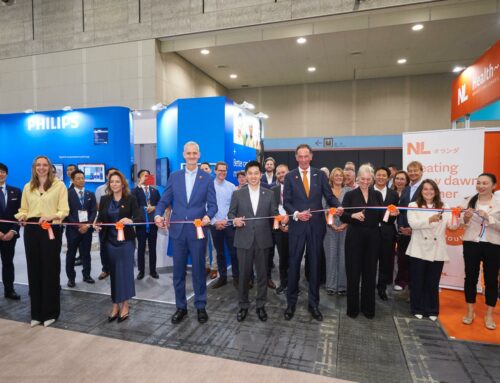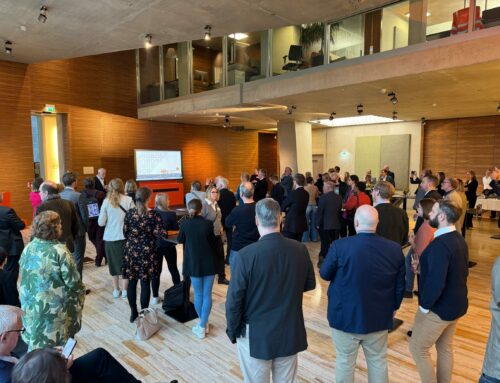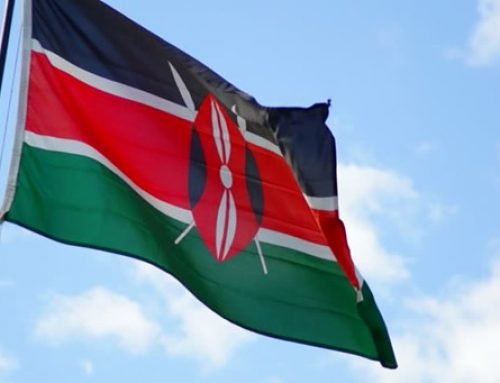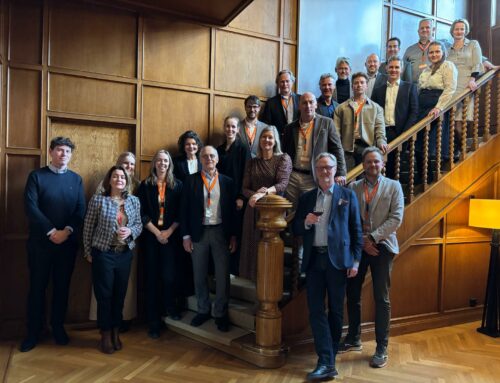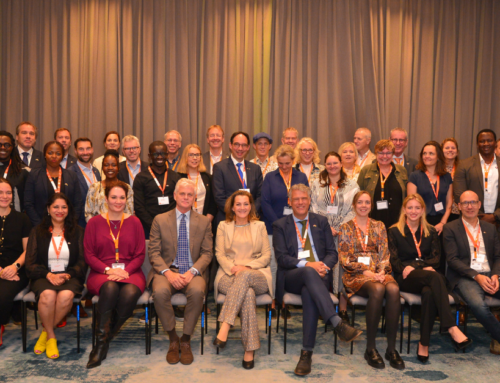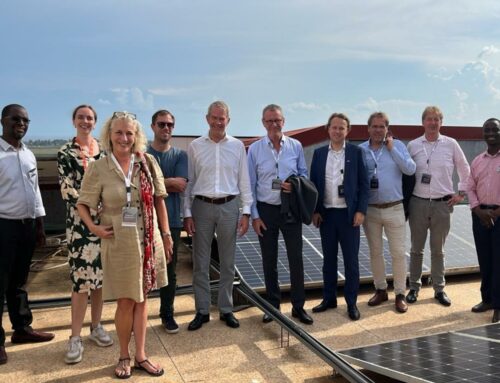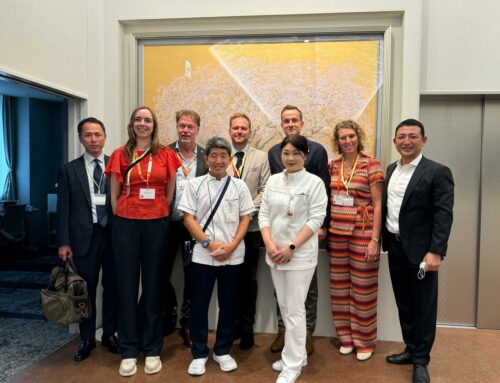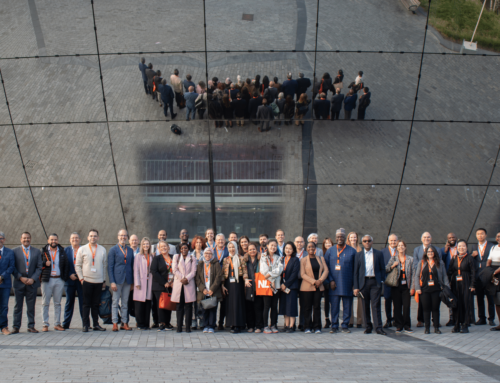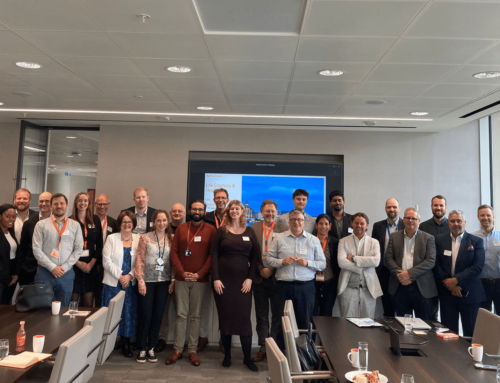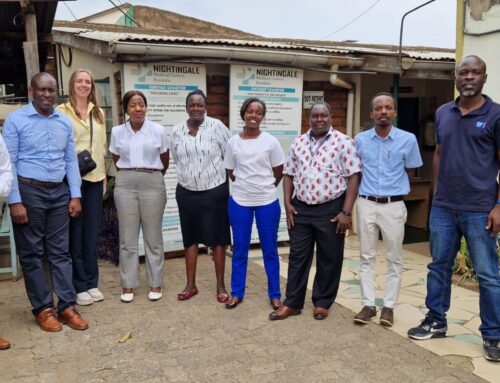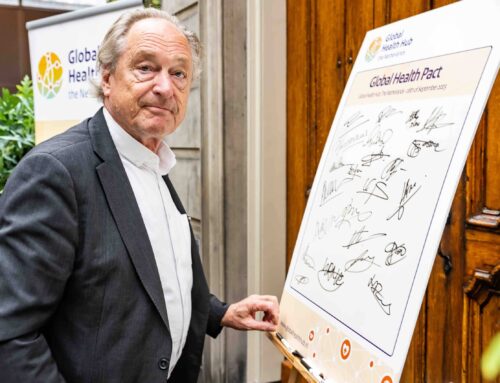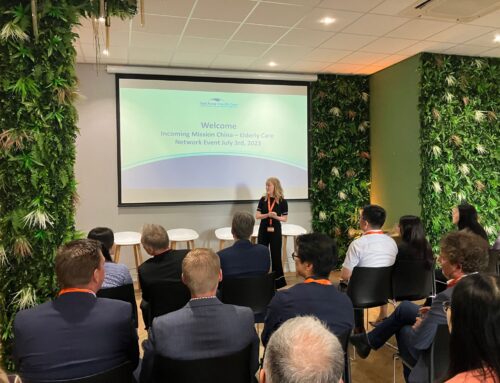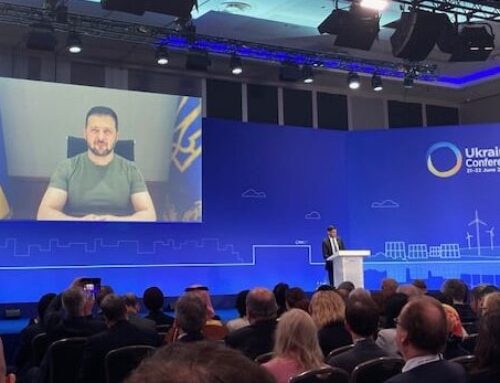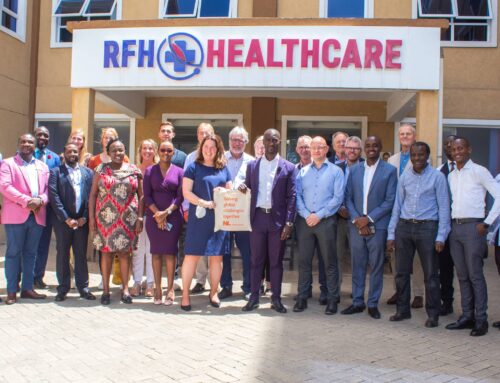source: www.iadb.org
Project to improve health conditions in Sao Bernardo do Campo through prevention and early detection of chronic illnesses
The Inter-American Development Bank (IDB)approved a $21.6 million loan to Brazil for the Health Care Modernization and Humanization Program. The total cost of the project is estimated at $43.6 million, with local counterpart funds of $21.6 million.
The project will help improve health conditions in Sao Bernardo do Campo, a municipality of the state of Sao Paulo, by strengthening the municipal health system by focusing on the expansion of primary healthcare.
The innovative feature of this project is that it will support the municipality’s basic healthcare with community-based interventions to promote early detection for chronic illnesses in order to reduce hospitalizations and premature deaths.
The project entails a unique combination of traditional healthcare units and community-based, family health units comprising multidisciplinary teams of physicians, nurses, social workers, nutritionists, and community workers who make home visits and provide assistance to patients.
The Brazilian government started implementing a community-based model since the mid-1990s to supplement its national healthcare service and reduce the inequality of basic health care coverage in different municipalities.
According to recent data, 95% of Brazil’s 5,561 municipalities uses this basic health care system and up to 60% of the population is served by approximately 32,000 family health units and 246,100 community healthcare agents.
Compared with other regions, the municipality of Sao Bernardo do Campo lags in the development of this healthcare. With IDB support, the project should boost coverage by family health units from 19% at present to 50%, while coverage by community health agents should expand from 54% to 100% by 2014.
While the expansion of primary healthcare has been very successful in small cities and rural areas in Brazil in the last decade, there are still lots of opportunities for improvement in mid-size and large cities. With the successful implementation of this project in Sao Bernardo do Campo, the IDB hopes to demonstrate a modality for the expansion of primary healthcare that could be replicated in other parts of Brazil or other countries in the region,†said IDB senior health specialist Frederico Guanais de Aguiar, the project’s team leader.
The loan is for a 25-year term, with a 4.5-year grace period and a variable interest rate.


